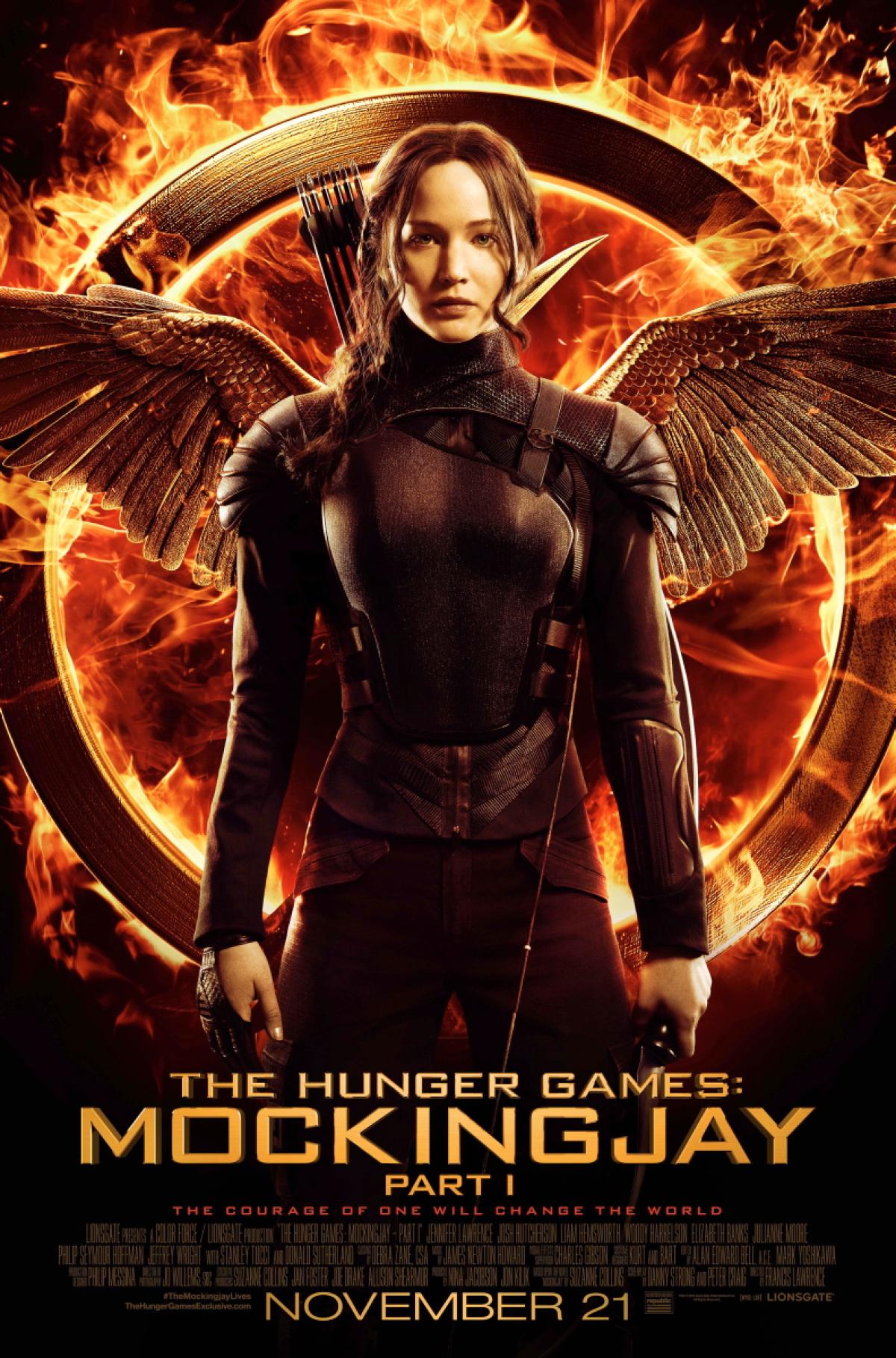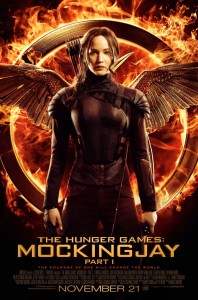More than just a love triangle

The latest in Hunger Games series reveals the down-playing of violence

Nearly six centuries ago Sir Thomas More coined the term “utopia” — an imagined place in which society has reached an ideal perfection. Fast forward several centuries and the paradisiacal fantasy of More is no longer an alluring idea; rather, its bleak and gritty counterpart has claimed dominance and its name is “dystopia.”
One of the most popular dystopian texts — certainly amongst teenagers and the media — is Suzanne Collins’s trilogy of a totalitarian government that derives entertainment and pleasure from child-on-child murder.
The third installment in the film series, The Hunger Games: Mockingjay – Part 1, premiered this past weekend to polarizing reviews with many critics coming to the consensus that this is a film to be endured rather than enjoyed.
The narrative padding and uneventful progression is a derailment from its action-packed predecessors, which suggests a complete shift from the familiar structure of the previous movies.
The source material is weak, which puts extra pressure on producers to extract a compelling narrative, especially one that is able to span the combined 269-minute runtime of parts one and two. However as the novel is narrated strictly from Katniss’ point-of-view, writers are granted the liberty to explore unfamiliar avenues.
The strongest aspect of the film is the diversion from Katniss’ narrative to that of the districts. It’s a reinforcing nod to the old “show, don’t tell.”
It is one thing to dabble with the idea of revolution, but it’s a whole other thing to witness the passion and anger of common civilians, to watch the driving forces of change influence the progression of the movie.
It’s a darker chapter in what is already a grim series. Critics’ yearning for the glamour and action of the previous movies suggest a sinister part of our consciousness that is not often acknowledged.
What does it say that we are deriving enjoyment from the very source of atrocity that provided entertainment for the Capitol?
What does it say that, despite the platform for discourse on poverty, Post-Traumatic Stress Disorder, oppression, violence and popular culture that the novels and films provide, the media has again and again fallen back to the question: Peeta or Gale?
The trivialization of an enormously political text reflects the deliberate downplaying of violence by the Capitol in favour of the more inconsequential aspects of the Games.
The Hunger Games: Mockingjay – Part 1 is banned in Thailand where civil unrest is brewing. The central message of the story hasn’t gone unrecognized because censorship ultimately suggests the government is afraid of the implications of a story that shows authority can be overthrown.
The Hunger Games may be a speculative text, but Suzanne Collins hit it right on the nose. 1,725 children have died in the Games, a 16-year-old girl suffers from intense PTSD, there are televised ISIS-like public executions — but the media chooses to focus on the love triangle.
Hate President Snow, vilify him and the Capitol, call them names and make them the villain. It doesn’t change the fact that we are very much in danger of becoming the antagonists that we so abhor.

